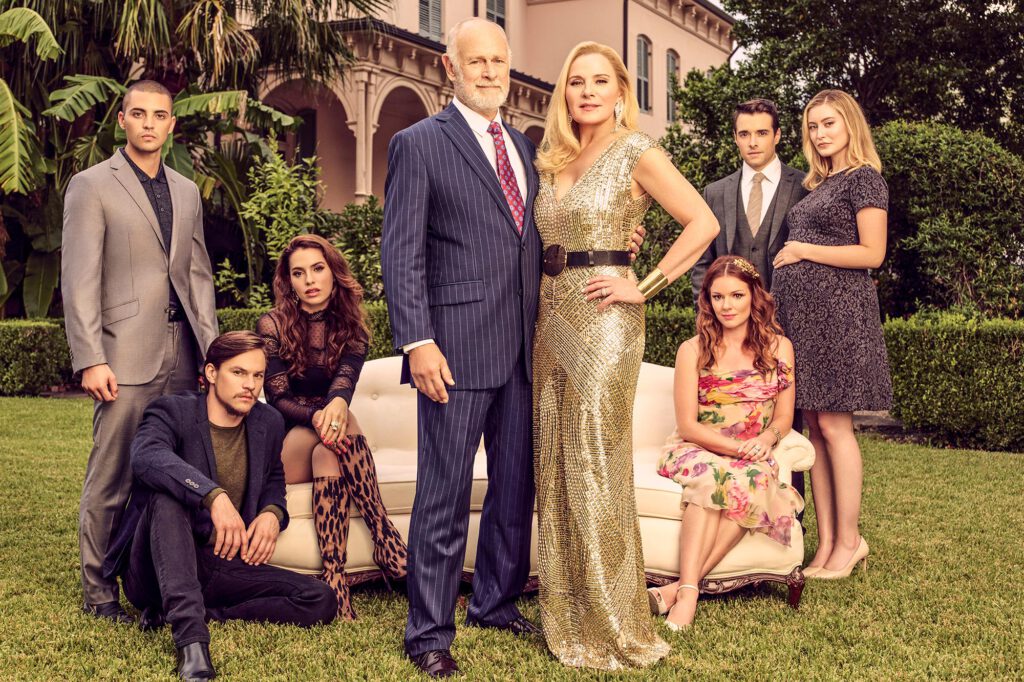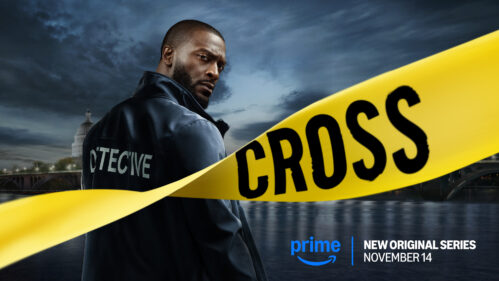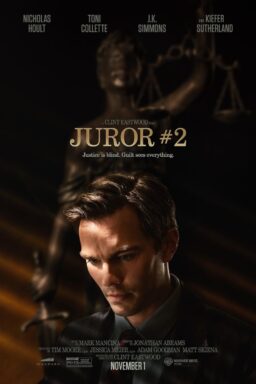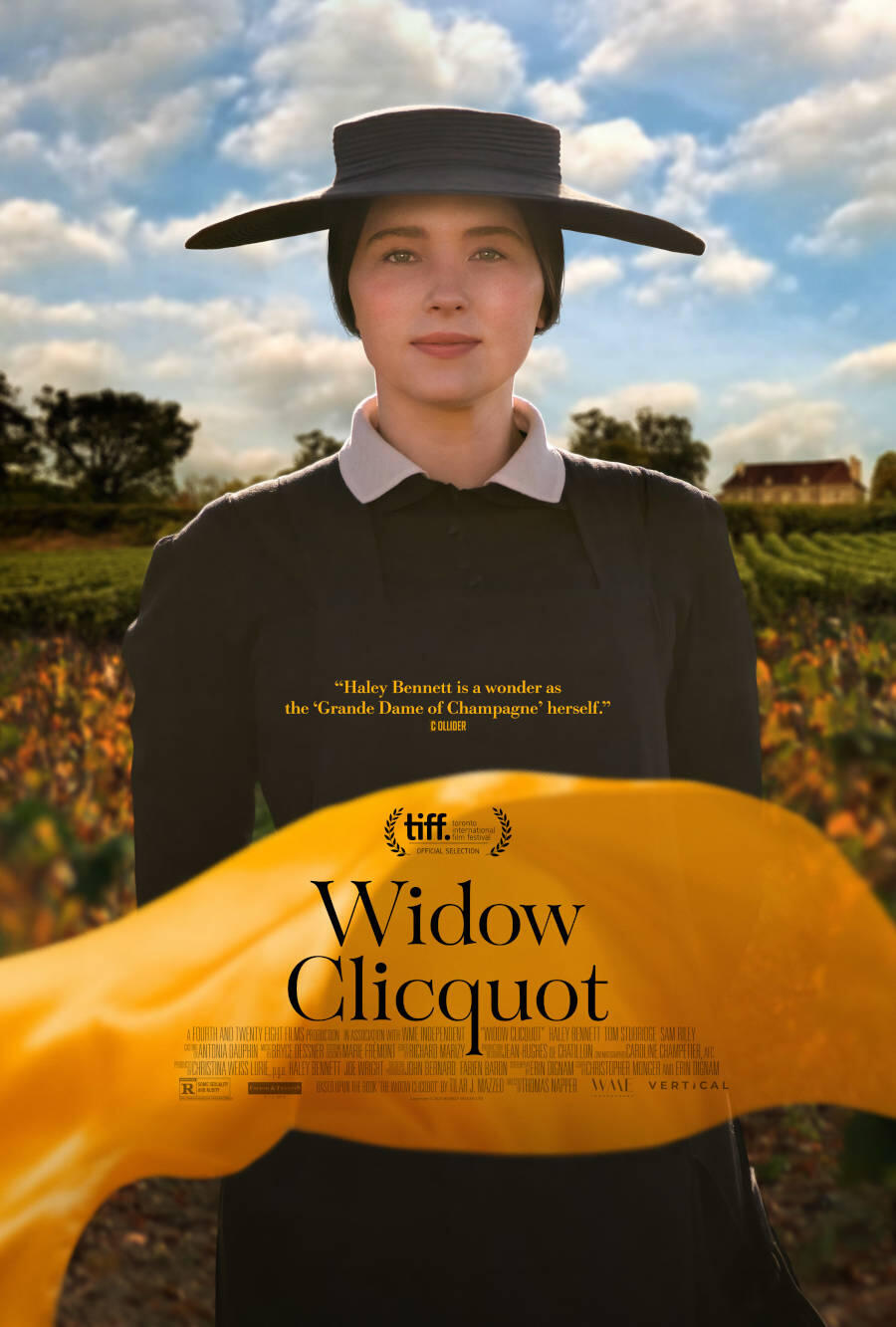A stately home is on fire. Its big, gorgeous windows, perfectly suited to catching the scent of the magnolia trees, now frame flames; its white columns darken with soot. A blonde emerges, the red of her plunging sequined gown a stark contrast to her luxurious white fur wrap. She closes the door carefully behind her and walks unsteadily away. Then Kim Cattrall turns and looks back on what one assumes is her handiwork with grim satisfaction. "Rot in hell," she purrs, then turns directly to the camera for a smile, brows arched, eyes glinting, and the chorus of Steve Winwood's "Higher Love" begins to blare.
This is high drag, skating the line between drama and camp with a wink as the flames lick higher. As an opening salvo, it's a doozy. Would that I could tell you that the rest of "Filthy Rich," Fox's new nighttime soap, lives up to those first moments. In the three episodes provided to critics for review, it does sometimes near that early, affected high watermark, but more often than not even its best moments feel as though they belong to another series entirely. (Though "Filthy Rich" is based on a New Zealand series of the same name and developed for American television by "The Help" writer/director Tate Taylor, the resemblance between the two shows is largely superficial, at least in the early outings.)
That's not to say there's nothing arresting about it—there's a sort of Ryan Murphy-esque willingness to simply do the most that's undeniably entertaining and just as undeniably frustrating. Yet a fatal combination of tonal inconsistency and pulled punches will probably confine "Filthy Rich" to the ash heap in time, despite the best efforts of its perfectly-cast star.

Cattrall plays Margaret Monreaux, a wildly successful televangelist who, four months prior to that series-opening flash-forward, is celebrating both the anniversary of the Christian TV network she founded with her husband Eugene (Gerald McRaney) and the launch of an online retail empire (imagine if Tammy Faye was an extremely white Oprah-like figure creating a religious competitor to Amazon Prime). That makes it a particularly bad time for Eugene's private jet to crash, carrying both he and the two lingerie-clad ladies accompanying him to their deaths. It's an even worse time for family lawyer Franklin Lee (Steve Harris of "The Practice") to announce that a drunkenly-penned version of Eugene's will is currently in effect, a version that guiltily acknowledges three children produced outside his marriage: Antonio (Benjamin Levy Aguilar), an aspiring MMA fighter and single dad, Jason (Mark L. Young of "The Comeback"), a camera-shy weed dealer, and Ginger Sweet (Melia Kreiling), a sex worker from Las Vegas who, alongside her fearful mother (Rachel York), runs a growing camgirl empire called The Sin Wagon.
The will, as you might expect, creates chaos, much to the frustration and bemusement respectively of Margaret's two grown children, Eric (Broadway vet Corey Cott) and Rose (Aubrey Dollar). Eric's married to a driven, irritable young woman named Grace (Olivia Macklin, wonderfully infuriating), and her brother, Reverend Paul Luke Thomas (Aaron Lazar, another Broadway stalwart), seems to sure like the idea of chaos at the network and any Reverend-sized vacuums it might create. It's all perfectly soapy fare, "Dynasty" by way of "The Righteous Gemstones," with little dollops of "Lost" and "Desperate Housewives" thrown in for good measure.
If you're in it for the roller coaster and the roller coaster alone, you'll probably not be disappointed. (This writer must confess that despite meaning every word of this mixed review, she will absolutely watch at least a few more episodes; these are strange times, and none of us should have to resist the appeal of Kim Cattrall starting a bonfire in evening wear simply because the rest of the show can't quite live up to that moment.) Taylor and the rest of the show's writing staff display faultless instincts as to how and when to plant the seeds of a twist. Walking away for a bathroom break may feel like an option, but you're almost certain to miss something—maybe a scam revealed, maybe a musical number, maybe the angel wings that shoot sparks as Margaret is gently lowered to the stage of her TV set. Fox had this series slated to debut back in March, but it would seem that the decision to push "Filthy Rich" to the fall was a good one, because who among us couldn't use a few deliriously stupid twists right now?
Alas, "Filthy Rich" is in dire need of something as well: some guts. Taylor (who also helms the pilot) and the show's other directors embrace the occasional surreal visual touch, particularly when it comes to what makes it to the air on the Sunshine Network. (The costumes, by Mary Jane Fort and Janet Weiss, do quite a lot of heavy lifting throughout.) Yet with the exception of that first scene, a scant handful of others, and a sincerely marvelous approach to the dusty old previously-on format, "Filthy Rich" likes to saunter right on up to the line of something truly dynamic and interesting before slowly backing away. This makes the rare instances where it doesn't pull its punches exciting but also jarring, a disruptive note that just so happens to be more engaging than the norm.

That's characteristic of the writing as well, and here, that sheepishness results in something much more devastating to the show's potential success. With the exception of Margaret, it's as though all the characters were outlined with the broadest brushstrokes but colored, rather halfheartedly, with the weakest of watercolors. Kreiling and Dollar fare best (again, save Cattrall), the former giving Ginger far more respect and nuance than the teleplay ever deigns to afford her, and the latter adding a welcome layer of subdued acerbic charm and genuine warmth to a role that, in these three episodes at least, could largely be called thankless. Yet "Filthy Rich" attempts just enough in the way of complexity to render those broad brushstrokes frustrating at best and offensive at worst without ever going far enough to justify that neglect. It targets hypocrisy without ever fully exploring or satirizing it; it is simultaneously both too much and far, far from enough. (This is especially true when it comes to the issues of race, largely ignored, and of sex work, which are reduced to a few flimsy tropes, a couple damaging ideas, and next-to-no interest in subtlety, accuracy, and agency.)
Luckily, Kim Cattrall swans throughout the whole, making it possible to at least partially ignore all but the most glaring deficiencies. When Margaret's at center, the balance begins to level, with Cattrall doing her best Joan Collins without ever abandoning honesty or her knack for a well-timed punchline. Cattrall, at least, knows exactly what show she's on; it's a performance that belongs with Taraji P. Henson's Cookie Lyons in the sparse contemporary wing of the nighttime soap hall of fame.
Is that reason enough to tune in? Perhaps, especially at the moment. There's a reason crowds tend to gather around a house fire. Whether or not the show itself will go down in flames remains to be seen, but as with the pyre that opens this series, Cattrall is likely to emerge totally unharmed. And this time, there will be no suspicion at all that it's she who lit the match.
Three episodes screened for review.












